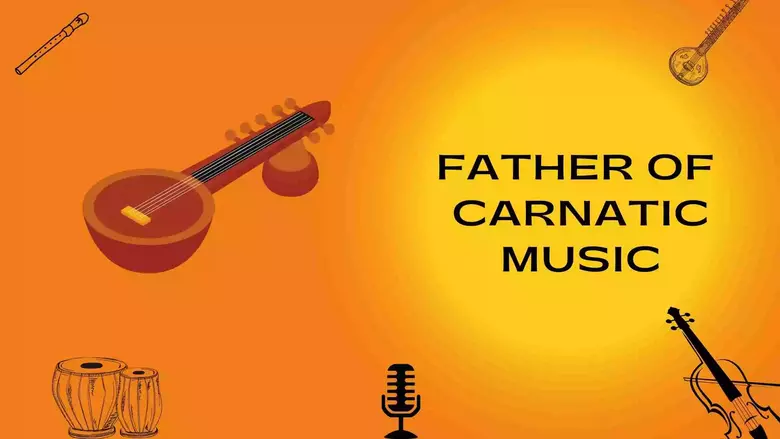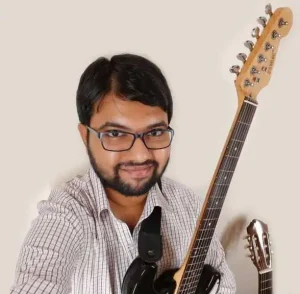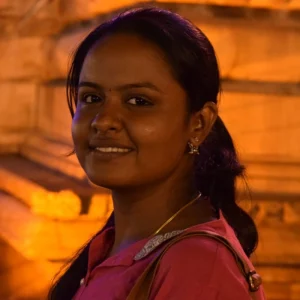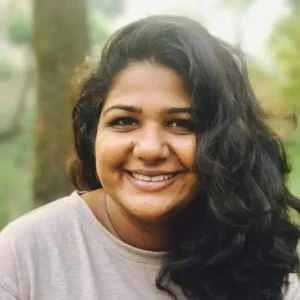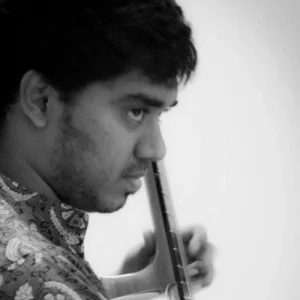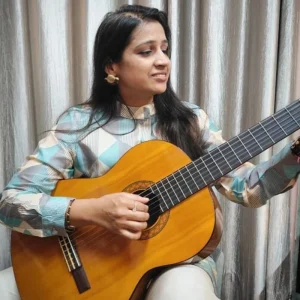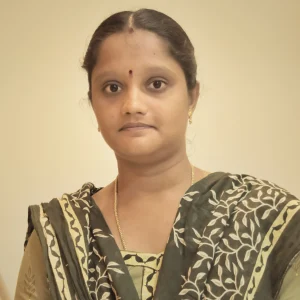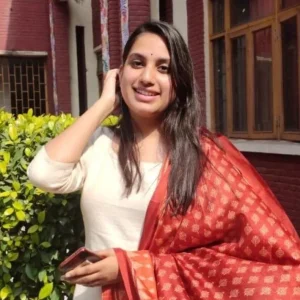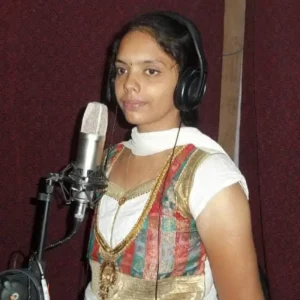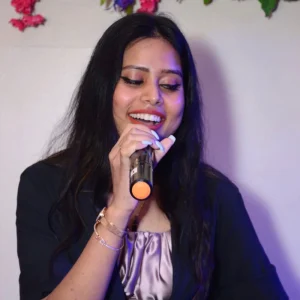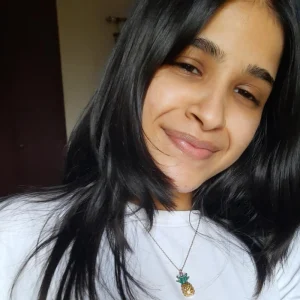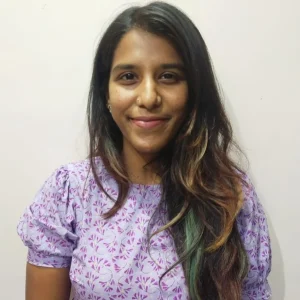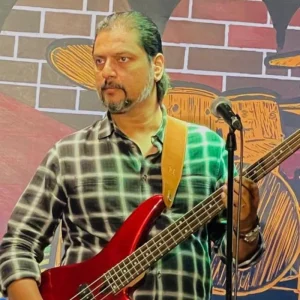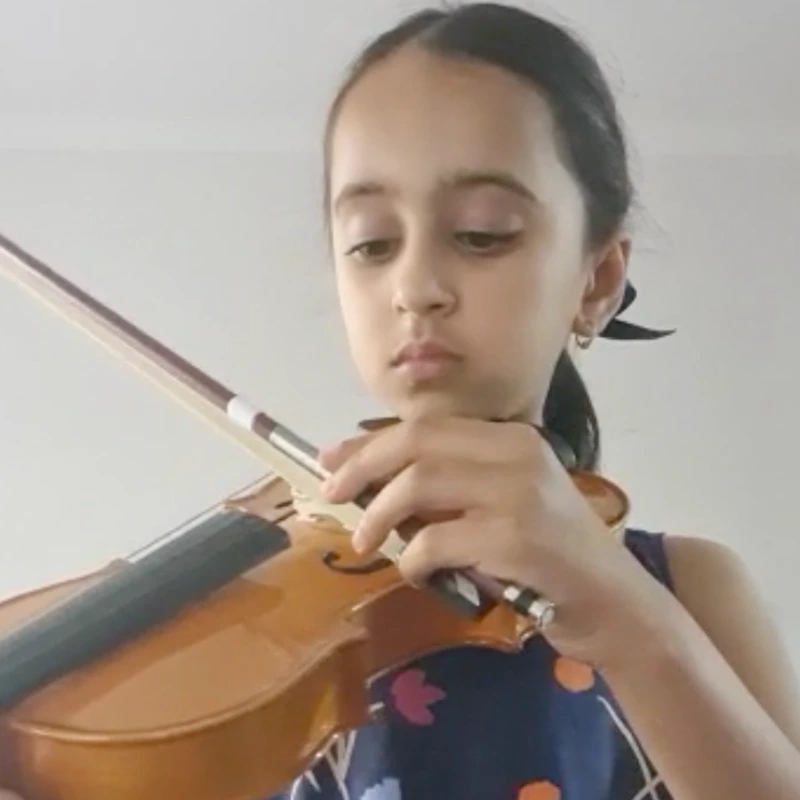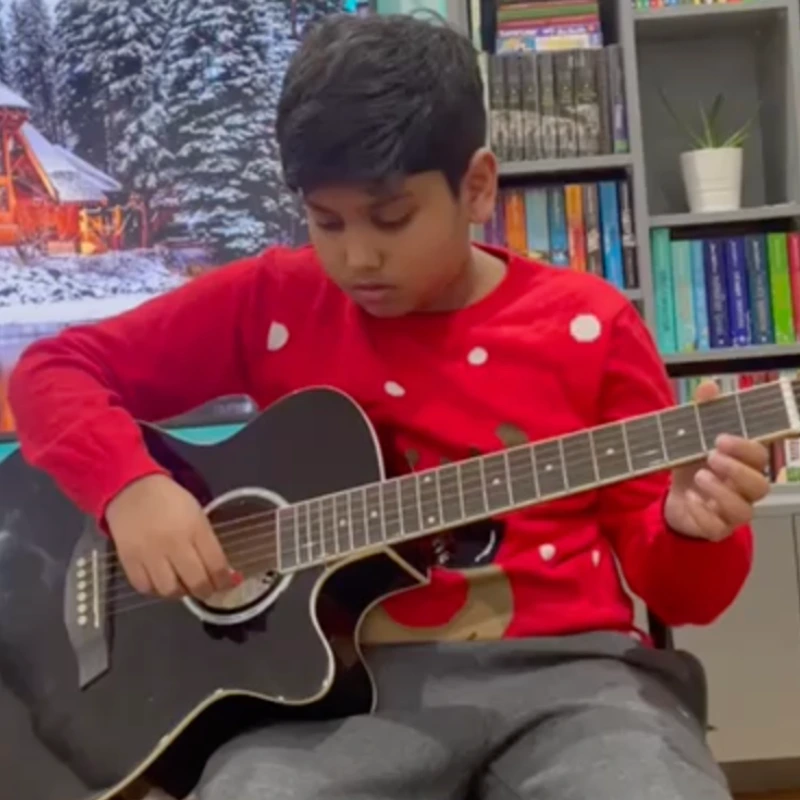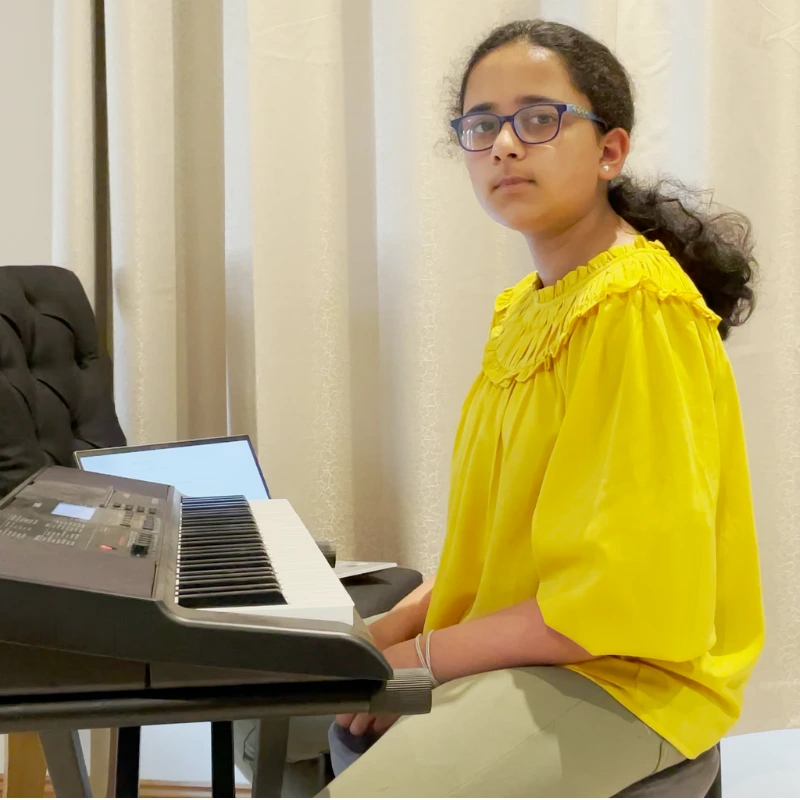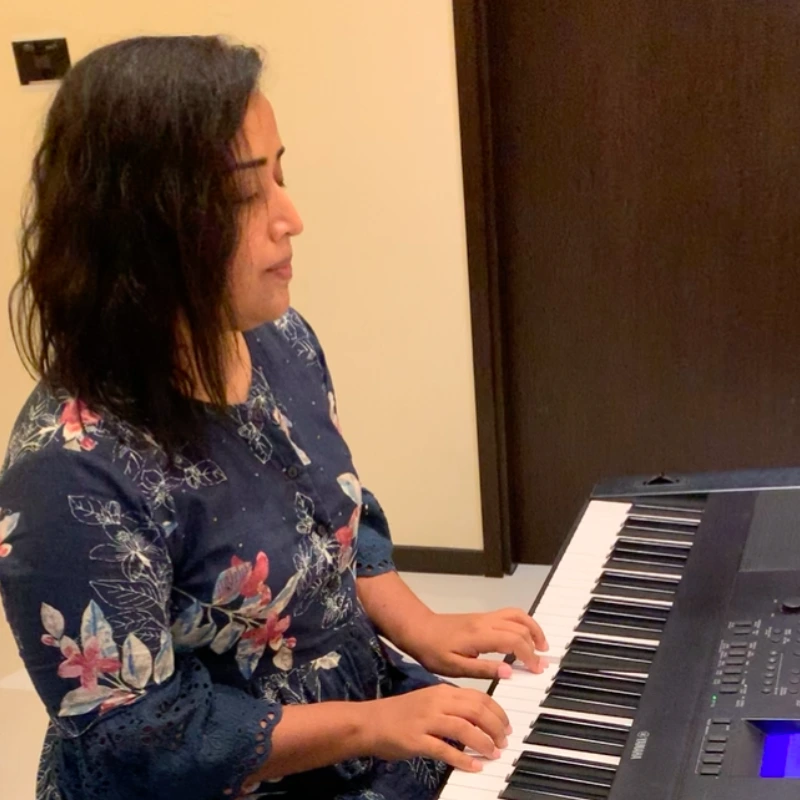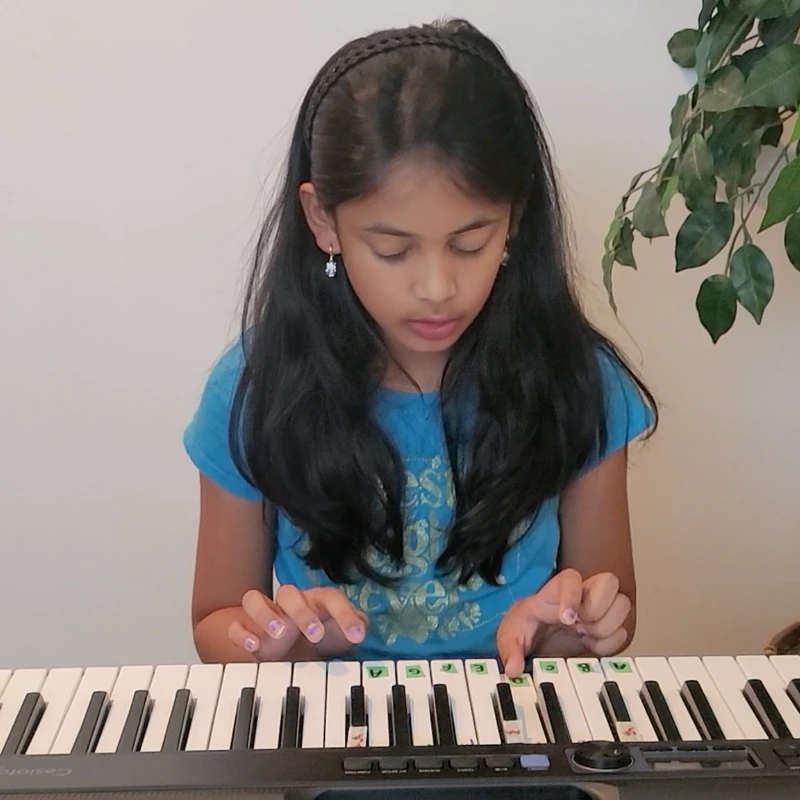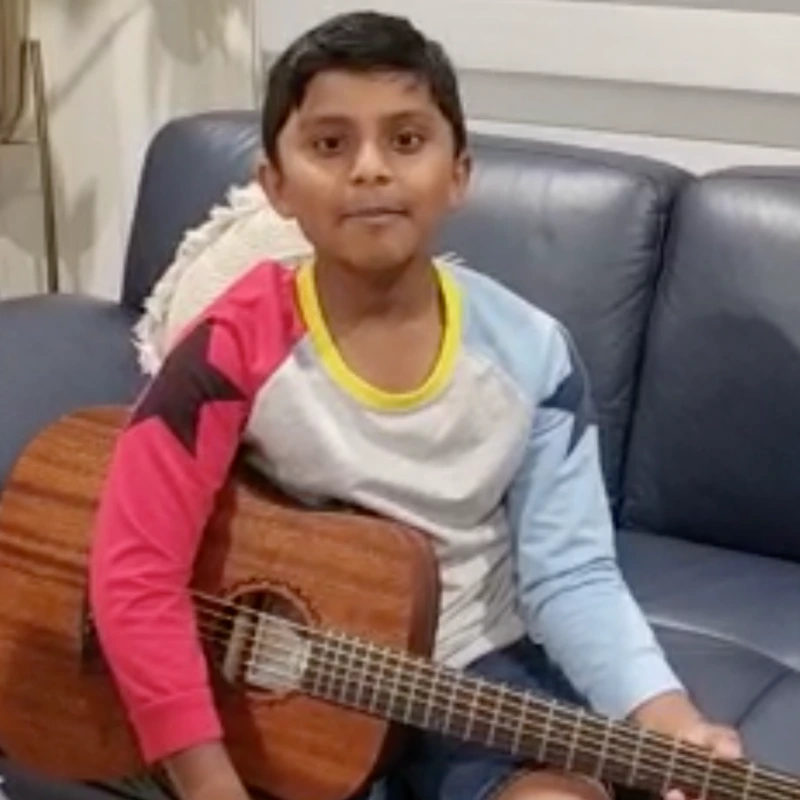Purandara Dasa, known as the Father of music was a composer and vocalist who lived during the 15th century. His remarkable contributions to music continue to be widely celebrated and performed even today. In this article we will delve into his life and artistic endeavors exploring the impact he has had on the realm of classical music.
Biography
Purandara Dasa was born in 1484 into a Kannada Deshastha Madhva Brahmin family. His father was a diamond merchant and his birthplace is often associated with Purandaraghatta in Karnataka. However historical research conducted by a committee established by the Karnataka government in 2018 concluded that Tirthahalli was likely his place of birth. It is now confirmed that Purandaradasa was born in Araga, which is presently known as Thirthahalli in Karnataka, India during the reign of the Vijayanagara Empire.
At Tirumalas Venkateswara Temple he received the name Srinivasa Nayaka from the patron deity. He acquired proficiency not in sacred music but also, in Kannada and Sanskrit through education. At sixteen years old he married Saraswati Bai, a woman renowned for her religious devotion. Purandara Dasa himself held convictions throughout his life.
Purandara Dasa, a follower of Lord Krishna dedicated much of his time to engaging in activities known as bhakti. His profound spiritual awakening occurred during a visit to the Vrindavan temple in India, where he decided to devote his life to music and bhakti. Additionally he experienced another awakening related to his wifes nose ring, which led him to embrace a life of simplicity and poverty. Inspired by the renowned Carnatic composer Thyagaraja Purandara Dasa composed songs throughout his lifetime. He passed away in 1565.
Purandara Dasas Contributions; Importance and Influence
As both a composer and musician Purandara Dasa revolutionized the teaching methodology of music. He laid the groundwork by introducing the raga Mayamalavagowla as a concept, in music education. Moreover he developed graded courses including swaravalis, janti swaras, alankaras Lakshana geetas, prabandhas, ugabhogas, daatu varase Geeta sooladis and kritis. His compositions also encompassed Lakshana geetas. His sooladis are celebrated as masterpieces.
Scholars widely attribute Purandara Dasa with standardizing varna mettus within music traditions. It is estimated that he composed 475,000 pieces of music throughout his career. His original collection of songs is titled “Purandaropanishat.” Within the realm of music experts and aficionados alike Purandara Dasa is affectionately referred to as the Sangeeta Pitamaha.
His songs remain widely appreciated in times owing to the beauty of his lyrics and the simplicity of his melodies. Additionally he authored treatises on music theory, which have greatly influenced the execution of music. Purandara Dasas contribution to music is truly monumental. His legacy serves as an inspiration for musicians across the globe.
Notable Songs and Compositions by the Father of Carnatic Music
Some of Purandara Dasas songs and compositions include “Bhavageethe ” “Dasara Padagalu,” “Purandara Dasa Pada,” “Sarasu Bahu Durge ” and “Vande Matharam.” According to legend Purandara Dasa composed his hymn “Aadisidaleshoda jagadoddharana,” in the raga Kapi at the Aprameyaswamy temple in Doddamallur, Channapattana taluk, Karnataka as a tribute to infant Sri Krishna. It is said that he resided in a mandapa outside the temple where he interacted with the community. On his deathbed Purandara Dasa composed the song titled “Enna Thavam Seydanai.” Today many Carnatic musicians perform this composition.
Purandara Dasas work continues to enjoy popularity and influence both within India and abroad. These compositions are frequently performed during Carnatic music concerts. Are cherished by audiences around the world.
Purandara Dasas contributions to music continue to hold popularity and influence while his legacy remains deeply intertwined with the genre even today.
Both seasoned professionals and aspiring musicians alike sing his compositions, which are regularly showcased in Carnatic music concerts. Moreover scholars and students of music delve into the study of his life and works. Purandara Dasa is also revered as a saint by Hindus and his compositions find their place in ceremonies and rituals.
Purandara Dasas work stands as a part of both music and Hindu religious traditions. Through his life and compositions we gain insights into the history, culture and religion of India. As a figure in the annals of music Purandara Dasas compositions continue to captivate audiences even today. Thank you for taking the time to read this article; I hope it has been informative and engaging.
In conclusion
Carnatic music boasts a heritage adorned with composers and performers. Among them Purandara Dasa holds the title “Father of Carnatic Music” due to his impact on its development. His compositions remain classics that are cherished by enthusiasts worldwide.
If you desire to explore more about music or aspire to master this art form consider joining Music Masters class taught by industry experts.
With the guidance you have the opportunity to enhance your abilities and expand your understanding ultimately becoming a musician.

